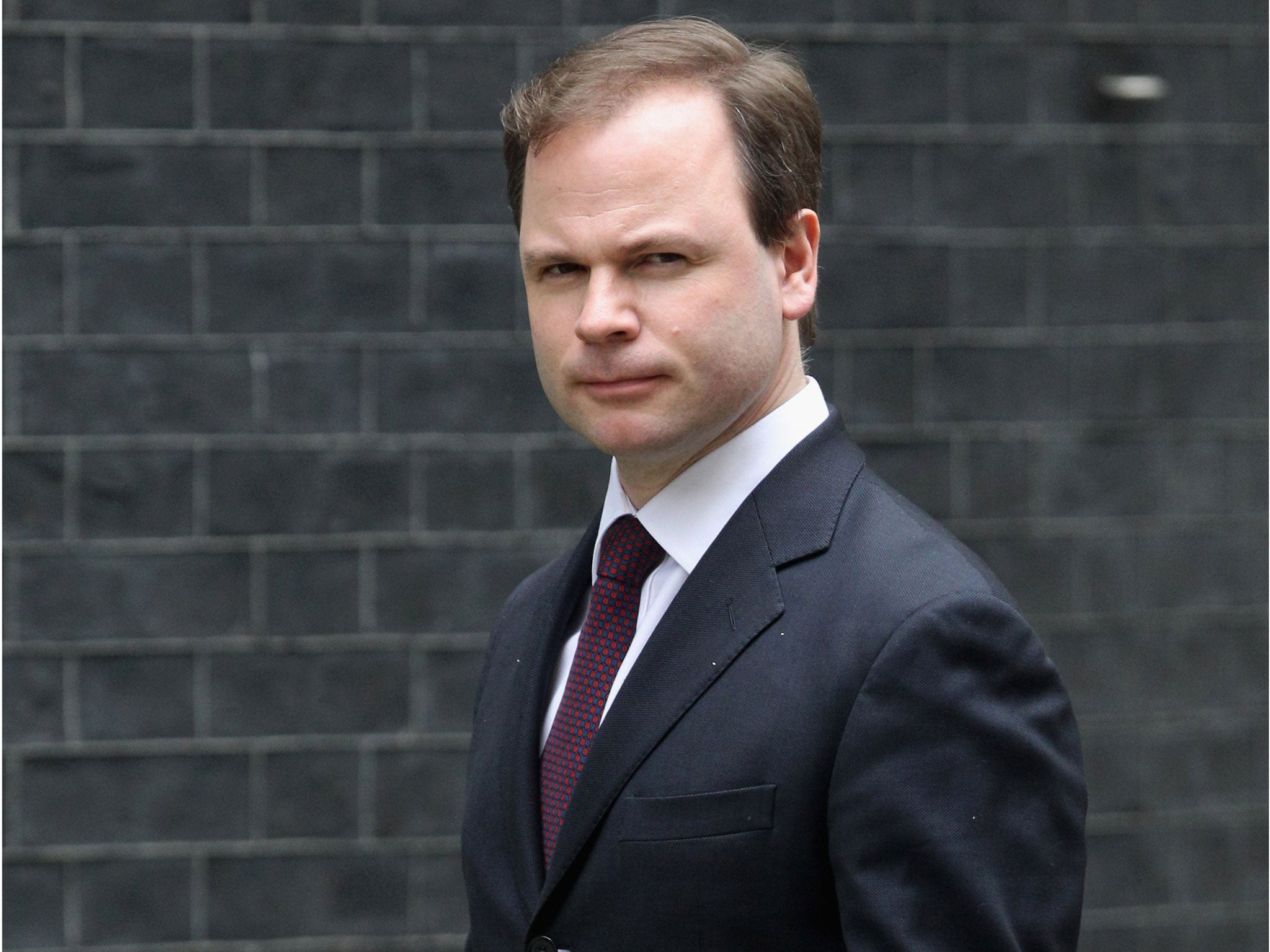Downing Street hogs the remote control: The PM's use of tame media is annoying the big guns at Sky, ITN and the BBC

Your support helps us to tell the story
From reproductive rights to climate change to Big Tech, The Independent is on the ground when the story is developing. Whether it's investigating the financials of Elon Musk's pro-Trump PAC or producing our latest documentary, 'The A Word', which shines a light on the American women fighting for reproductive rights, we know how important it is to parse out the facts from the messaging.
At such a critical moment in US history, we need reporters on the ground. Your donation allows us to keep sending journalists to speak to both sides of the story.
The Independent is trusted by Americans across the entire political spectrum. And unlike many other quality news outlets, we choose not to lock Americans out of our reporting and analysis with paywalls. We believe quality journalism should be available to everyone, paid for by those who can afford it.
Your support makes all the difference.Britain's senior political television journalists are at war with Downing Street over what they see as attempts by David Cameron to bypass them and use less critical media outlets to broadcast policies to the public.
Senior producers from the BBC, ITN and Sky called a meeting ahead of the parliamentary recess to ask for more access to the Prime Minister, after what they regarded as a concerted effort by Downing Street to avoid questioning from tough political interviewers. Senior correspondents and producers said Mr Cameron was allowing them fewer opportunities to ask him questions than Tony Blair or Gordon Brown. No 10, which took a robust line at the meeting, angrily rejected the accusation last night: "This is nonsense – this government has given more access to the Prime Minister than any other previous government," said a spokesman.
Political journalists are frustrated by the PM's repeated use of "pool clips", where Mr Cameron makes a brief statement in front of a scenic backdrop and is untroubled by difficult questions.
One producer said that, prior to the meeting at No 10, the BBC political editor, Nick Robinson, had told Downing Street communications chiefs: "It's not our job to broadcast televised press releases!" Adam Boulton, political editor of Sky News, is also believed to be unhappy with No 10's approach.
In addition, television journalists are disgruntled that Downing Street has installed a broadcast-quality ISDN telephone line to communicate with local radio stations around Britain, reducing the need to go into the studios to launch policy initiatives. "They regard it as a way of bypassing the main news media but still getting sizeable audiences," said one source. "They argue that the questions being asked are less about the obsessions of the Westminster lobby and more what ordinary people care about."
Political broadcast producers and reporters said that the "pool clip" was being used as a device for side-stepping difficult questions. On one recent occasion, political journalists were told of the PM's position on Gibraltar during a morning lobby briefing, but Mr Cameron refused to address the matter on camera later the same day.
One journalist said: "Downing Street says the PM will speak to camera but then tells us to send a camera, not a journalist. They're constantly trying to avoid the planned, thought-through interrogation, and put in its place things more on their terms."
But sources at Downing Street said broadcasters were making increased demands on Mr Cameron because they were struggling under the pressures of a news cycle transformed by social media. "The job of the PM's media team is to make sure that he's fully accountable and we take that very seriously; however, what we are not going to do is turn him into a running commentator on the news story of the day," said a source.
"Journalists are feeling the pressure of not just a 24/7 world, but a blogging and tweeting world. The media has become febrile about these things but it's not our job to help the media with pressure created by themselves. They shouldn't try to pressurise us into doing their job for them." Sources also said it was "insulting" to regional journalists to suggest that doing interviews with local media was a way of avoiding difficult questions.
Mr Cameron's director of communications, Craig Oliver, who has been editor of the BBC's 6pm and 10pm news bulletins, is regarded by the broadcasters as a poacher turned gamekeeper. "Cameron will be in a place that makes good TV pictures because it has been organised by Craig Oliver. They just want the PM to be asked the question and off he pops on what he wants to talk about. Sometimes it will just be a cameraman there, or a producer from either the BBC or Sky or ITN. Or they invite a regional correspondent, who is only interested in the regional story and not the national agenda. It's a much safer way for Downing Street to do things."
Mr Oliver's appointment was widely regarded as recognition of the importance of visual presentation in Downing Street communications policy, and followed the high impact of the televised debates ahead of the last general election. "It's no coincidence that politicians are tending to recruit TV professionals because they want them to produce television packages," said one political reporter.
At a discussion on Friday at the Edinburgh International Television Festival, Brendan Miller, a producer for the BBC's Question Time, referenced the debates. He felt that the modern proliferation of visual media had given politicians an advantage in their relations with TV journalists. "The competition between broadcasters and media outlets has given politicians a lot more choice about where they go, which is a huge boost to their power," he said. "I don't think the public realises how much negotiation there is about appearing on these programmes."
Join our commenting forum
Join thought-provoking conversations, follow other Independent readers and see their replies
Comments